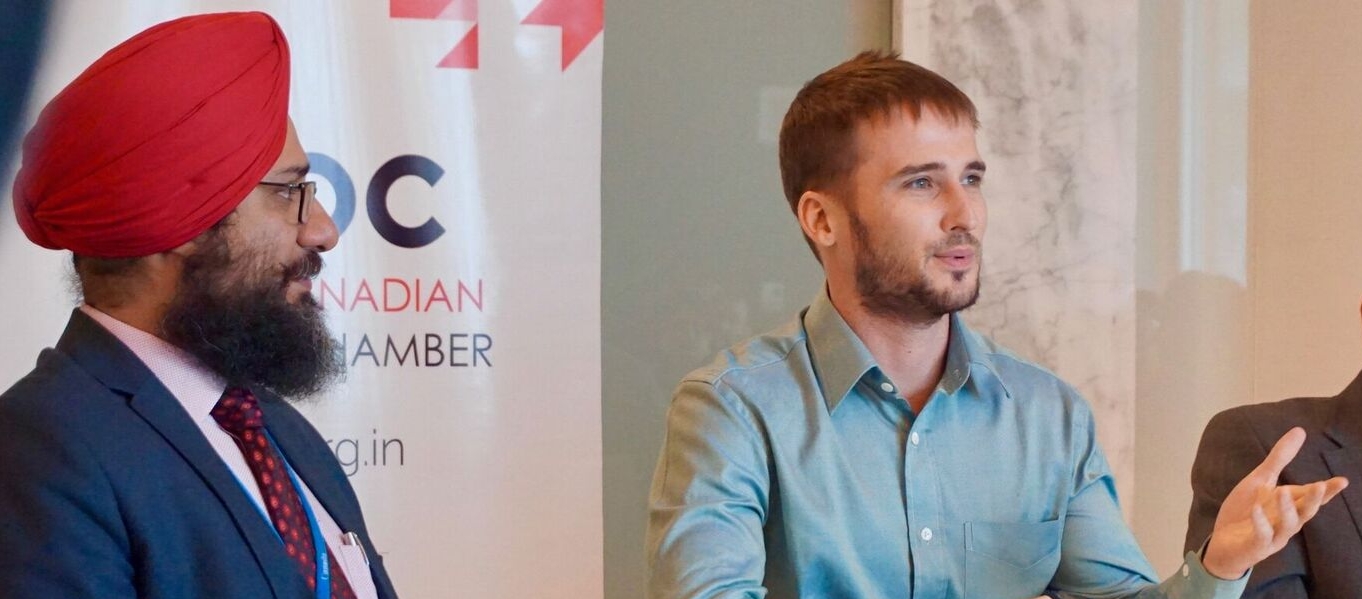There is growing pressure for brands to embrace the extended producer responsibly (EPR). A great many of the global brands are committing to make all of their packaging recyclable. However, there is a massive difference between recycling a product in a laboratory setting versus utilizing the existing recycling infrastructure.
In order to claim that a product is truly recyclable, the packaging needs to be designed holistically to fit with the collection, segregation, transportation and processing systems throughout the supply chain. It all comes down to the economics and unfortunately lightweight packing like multilayer sachets packs simple are not profitable to recycle.
This gap in economic viability is where extended producer responsibility (EPR) must be utilized in order to help close the loop on hard to recycle materials.
The 2016 Plastic Waste Management Rules
The Government of India has notarized, the Plastic Waste Management Rules (2016). This legislation states that producers / brand owners should put in place a system to collect the packaging waste generated from their production.
Producers / brand owners who introduce plastic carry bags, multi-layered plastic sachets, pouches and packaging into the marketplace need to submit an EPR plan otherwise they risk repercussions when renewing or establishing operating licenses.
India’s 1.5 million informal waste workers make up the primary collect back system. They are responsible for 85-90% of the country’s recycling activities. These informal waste workers, who are at the base of the supply chain, face numerous challenges when trying to assess fair market prices for the discarded plastics they collect.
The Plastics For Change Bangalore Consortium is utilizing mobile technology to create stable livelihoods for these independent recycling entrepreneurs. The program integrates this workforce into the formal economy and fuels a more robust collect back system.
Plastics For Change has implemented an effective deal process and mobile platform for creating responsible supply chains and ensuring that the waste workers have access to fair market prices. The initiative is aimed at creating sustainable livelihoods for the urban poor while accelerating the development of community recycling infrastructures.
Plastics For Change is working with global brands and manufacturing industries to embrace the EPR strategy and transition towards a circular economy.
Why is EPR good for business?
Last week, Andrew Almack ( CEO of Plastics For Change ) was invited to join a panel on human rights and sustainability at the Canadian Consulate. Andrew was asked the question, “Why should investors care about a company’s corporate social responsibility and environmental performance.” The answer provided was threefold.
Supporting EPR companies helps to further meaningful progress towards sustainable development goals, strengthen brand equity with consumers, while paving the way for a seamless adoption of India’s new stringent environmental legislation.
The cost of being inefficient with environmental resources is getting higher and higher. Businesses who can align social values with their own business framework and environment stewardship are going to attract and retain a more motivated and dedicated workforce.
As well, these companies are able to build loyalty to customers, gain easier access to finance and achieve better relationships with regulators / regulatory bodies. Most importantly, as early adopters of EPR legislation, producers/ brand owners can gain an economic advantage, while also generating positive social and environmental impacts. If you share our passion for helping transition the industry towards a circular economy, kindly share this post with decision makers in your network.












